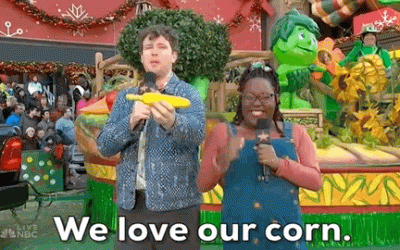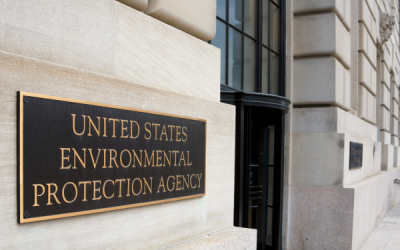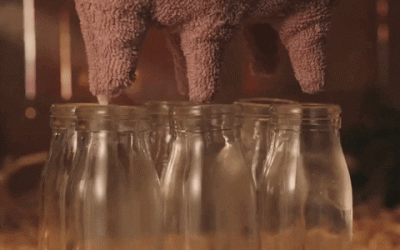New York is suing JBS for being the Big Bad Apple in the fight for reducing global greenhouse gas emissions.
What’s the beef? New York state’s attorney general accused the meatpacking giant of misleading the public about its climate goals.
The suit argues that JBS’s climate pledges of having net-zero emissions by 2040 are deceptive because the company has “no viable plan” to meet its goals.
Soundbite: “Families [are] willing to spend more of their hard-earned money on products from brands that are better for the environment. JBS USA’s greenwashing exploits the pocketbooks of everyday Americans and the promise of a healthy planet for future generations.” – New York Attorney General Letitia James
Climate conundrum: JBS has applied for a listing on the New York Stock Exchange for years. However, the Securities Exchange Commission has cautioned against a public listing due to accusations that the company’s practices have led to deforestation of the Amazon Rainforest.
JBS denied any wrongdoing. The company said it will continue its commitment by partnering with farmers and ranchers to feed a growing world population while “using fewer resources and reducing agriculture’s environmental impact.”
If found guilty in court, the civil lawsuit requests that JBS pay up to $5,000 per violation in each state.
Short Corn Packs a Punch
Dynamite comes in small packages—which can be true with new seed technology. What’s...
Congress to EPA: What’s Your BEEF with Meat Packers?
The Environmental Protection Agency (EPA) is considering new regulations that take aim at meat and poultry processors.
And some members of Congress have a BEEF with the EPA’s proposals.
The proposed rules: In late January, the EPA released the details of its proposed “Clean Water Effluent Limitations Guidelines and Standards for the Meat and Poultry Products Point source category.”
Huh?
Basically, the EPA formally published its proposals to combat wastewater contaminants that come from slaughterhouses.
Okay… that makes more sense.
At the heart of the rules proposal is a concern from environmental groups about nitrogen and phosphorus pollutants that originate from slaughterhouses. In some cases, the wastewater goes directly into waterways. In other cases, the water goes to municipal wastewater treatment facilities.
But not everyone is on board with the EPA’s suggestions…
Congress responds: Last week, two U.S. representatives—Eric Burlison (MO) and Ron Estes (KS)—pushed back against the EPA and introduced the “Banning EPA’s Encroachment of Facilities (BEEF) Act.” If passed and signed by President Biden, the law would prohibit the EPA from finalizing, implementing, or enforcing the rule.
According to the lawmakers, the proposed rules place undue burden on small processors—costs that can be absorbed by larger companies.
Soundbite: “The… proposed regulation isn’t just an attack on family-run small businesses, it’s an attack on rural communities,” said Burlison. “These meat and poultry processors are the lifeblood of our communities. The BEEF Act… lets these hardworking Americans do what they do best, produce safe, affordable food for our families.”
University of Illinois Makes Big Mooves in Milk Production
Pump it up: Scientists led by Matt Wheeler at the University of Illinois Urbana-Champaign are...




